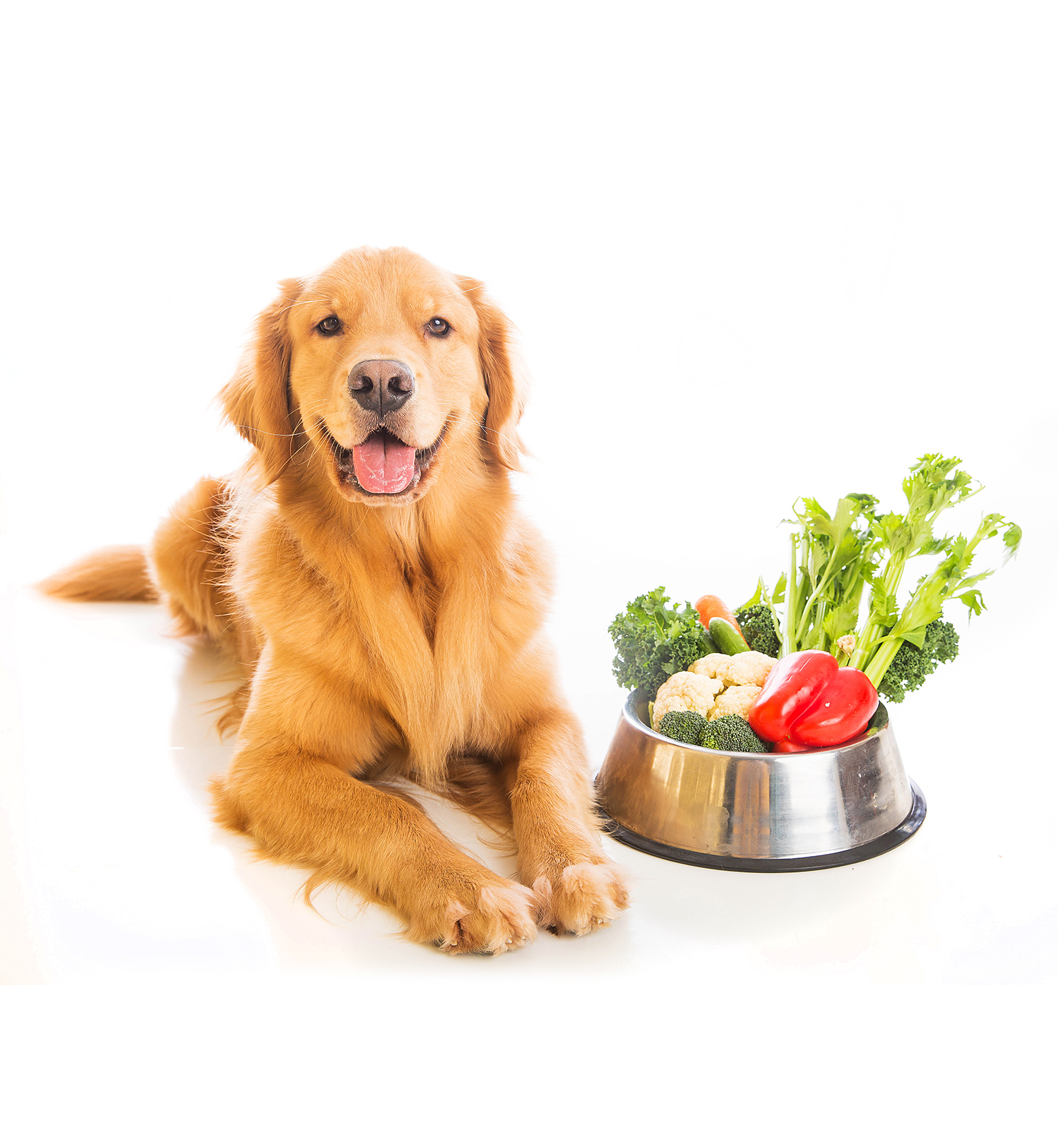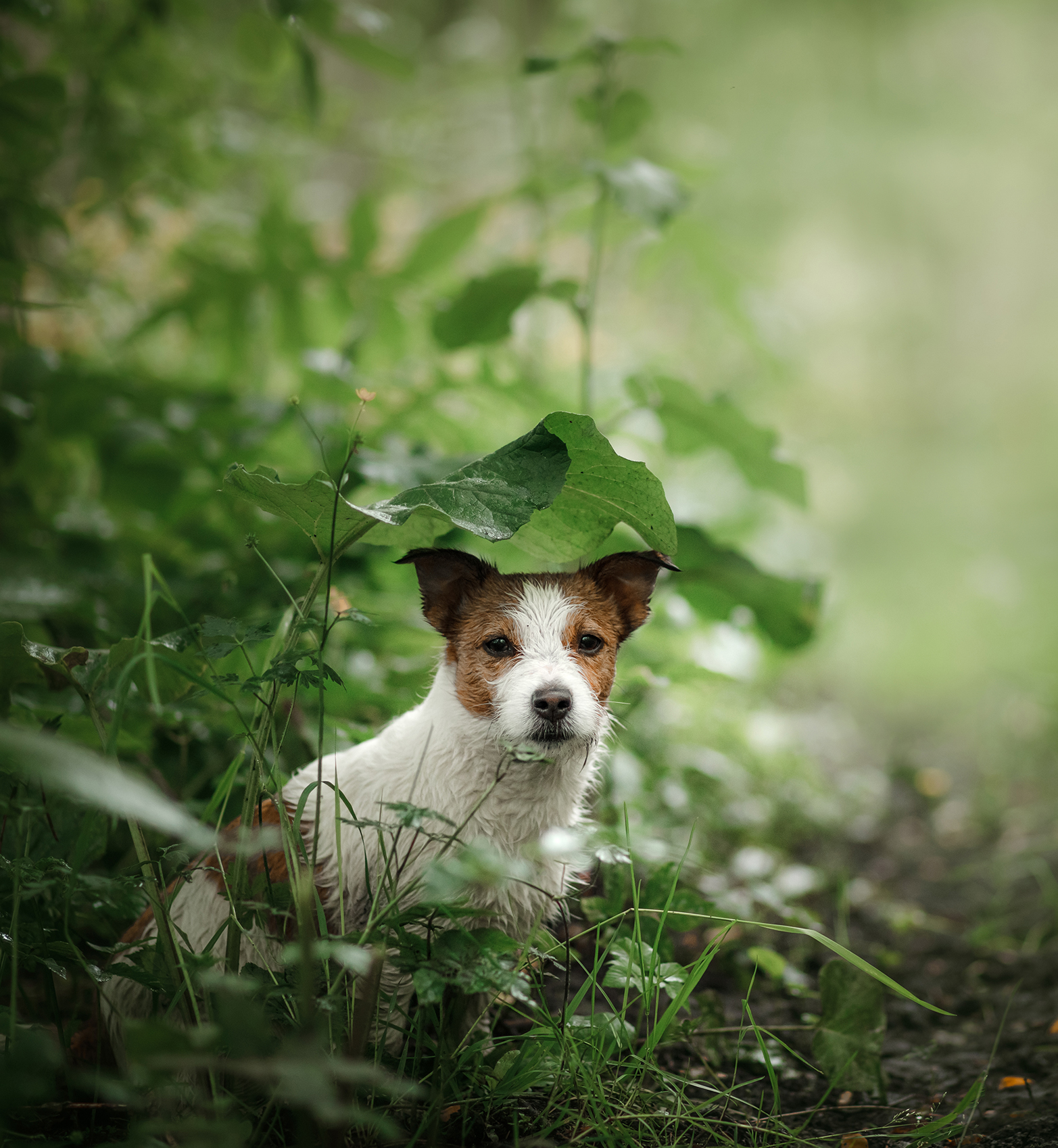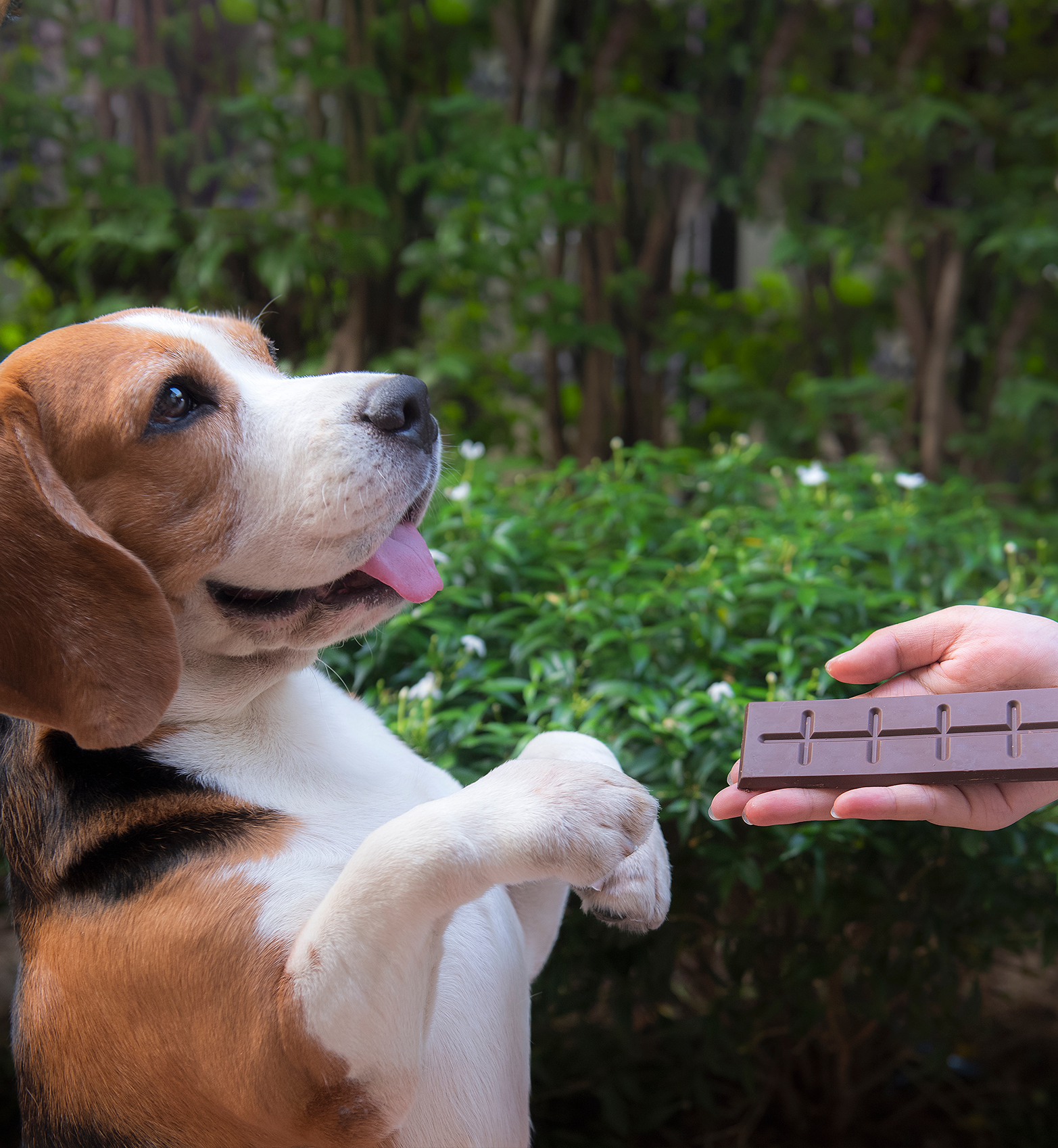
The Importance of Hydration in Dogs: Why Water is Vital for Your Pet’s Health
Proper hydration is essential for your dog’s health, supporting digestion, temperature regulation, and energy levels. This blog explores the importance of water intake, signs of dehydration, and practical tips to keep your pet hydrated in different weather conditions. Learn how to ensure your dog stays healthy, active, and well-hydrated every day!
Document:
Water is essential for a dog’s health, supporting digestion, circulation, and temperature regulation. While pet parents focus on providing nutritious meals, hydration is often overlooked. Ensuring your dog drinks enough water can prevent serious health issues and keep them energetic and happy.
This blog explores why hydration is crucial, signs of dehydration, and tips to encourage proper water intake.
1. Why Hydration is Crucial for Dogs
Water makes up about 70-80% of a dog’s body and is essential for various bodily functions, including:
- Digestion – Helps break down food and absorb nutrients efficiently. Prevents constipation by keeping stools soft.
- Temperature Regulation – Unlike humans, dogs do not sweat. They cool down through panting and hydration. Lack of water can lead to heat exhaustion or heatstroke.
- Joint and Organ Health – Keeps joints lubricated, reducing stiffness and discomfort. Supports kidney and liver function to eliminate toxins.
- Skin and Coat Health – Prevents dryness, flakiness, and excessive shedding by keeping skin hydrated.
- Energy Levels – Dehydration can cause fatigue and sluggishness, whereas adequate hydration keeps dogs active and alert.
2. How Much Water Does Your Dog Need?
The amount of water a dog needs depends on factors such as size, activity level, diet, and weather conditions. A general guideline is:
- 50-70 ml of water per kg of body weight daily
- Example: A 10 kg dog should drink around 500-700 ml of water per day.
Additional factors:
- Dogs that eat dry kibble require more water than those on wet food, as kibble contains only 10% moisture, while wet food has up to 80% water content.
- Hot weather or intense physical activity increases water requirements.
3. Signs of Dehydration in Dogs
Recognizing dehydration early is crucial. Look for these symptoms:
Mild Signs:
- Dry nose and gums
- Sunken eyes
- Excessive panting
- Loss of appetite
Severe Signs:
- Lethargy and weakness
- Loss of skin elasticity (pinch test: if the skin doesn’t bounce back quickly, dehydration may be present)
- Dark yellow or concentrated urine
- Vomiting or diarrhea
If severe dehydration symptoms appear, seek veterinary help immediately.
4. Tips to Keep Your Dog Hydrated
Provide Fresh, Clean Water at All Times
- Ensure your dog has access to clean water throughout the day.
- Change the water frequently to keep it fresh and appealing.
Add Water to Their Food
- Mix water, bone broth, or diluted coconut water into their meals.
Offer Hydrating Snacks
- Fruits and vegetables like watermelon (seedless), cucumber, and coconut water are excellent hydration boosters.
Use Multiple Water Bowls
- Place water bowls in different locations, especially if you have a large home or multiple floors.
Invest in a Pet Water Fountain
- Some dogs prefer running water over still water, making a pet fountain an effective hydration solution.
Carry Water on Walks & Outings
- Always bring a portable water bottle and bowl during walks, car rides, or outdoor trips.
5. Hydration in Different Weather Conditions
Hot Weather (Summer):
Increase water intake to prevent heat exhaustion and heatstroke.
Provide ice cubes or frozen treats for additional cooling.
Avoid walks during peak heat hours.
Rainy Season (Monsoon):
Prevent your dog from drinking from puddles, which can contain bacteria like Leptospira.
Use clean, filtered water to prevent waterborne infections.
Cold Weather (Winter):
Dogs tend to drink less water in winter, so encourage hydration with warm broth.
Monitor indoor heating as it can cause dehydration.
Final Thoughts
Proper hydration is just as important as a nutritious diet for your dog’s health. By ensuring they drink enough water daily, you can prevent dehydration-related health issues and improve their overall well-being.
A hydrated dog is a happy, energetic, and healthy dog—so make water intake a priority in their daily routine!


